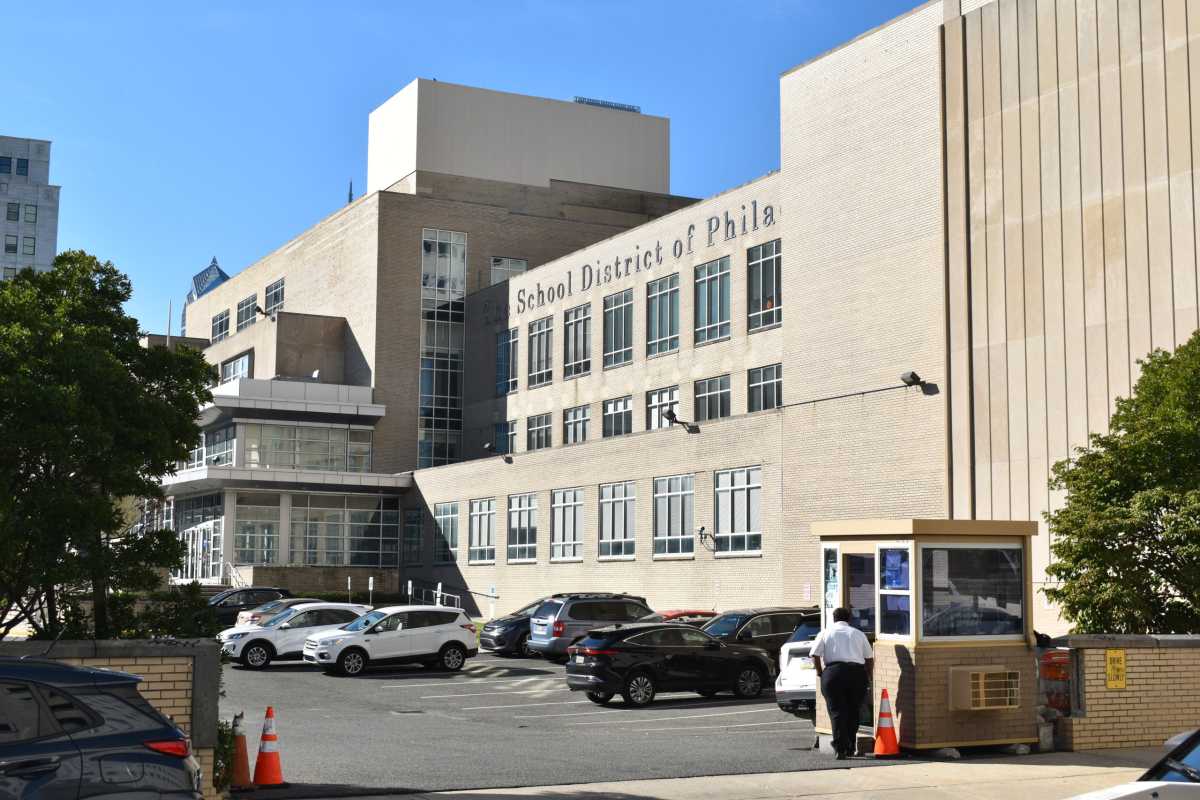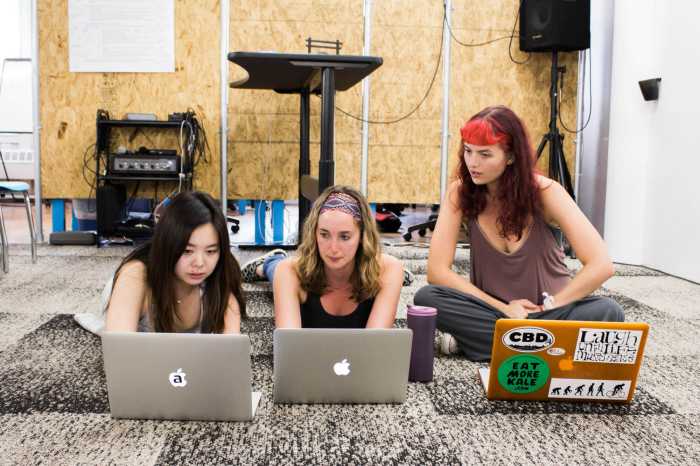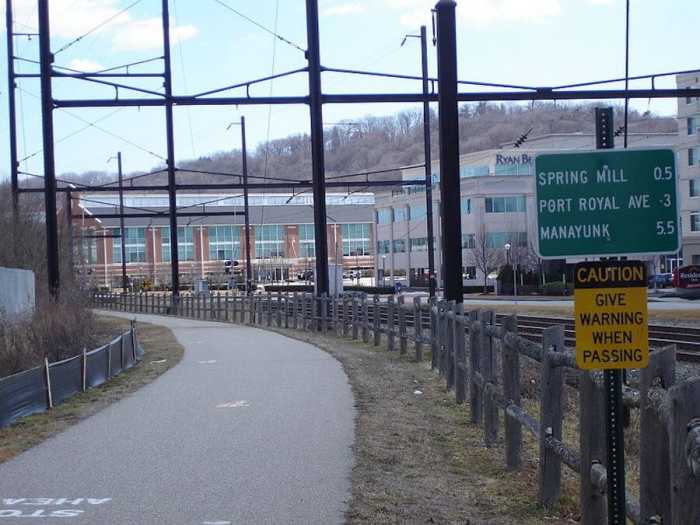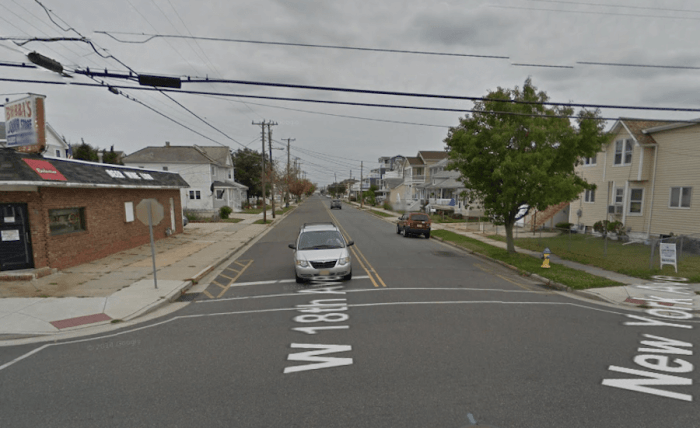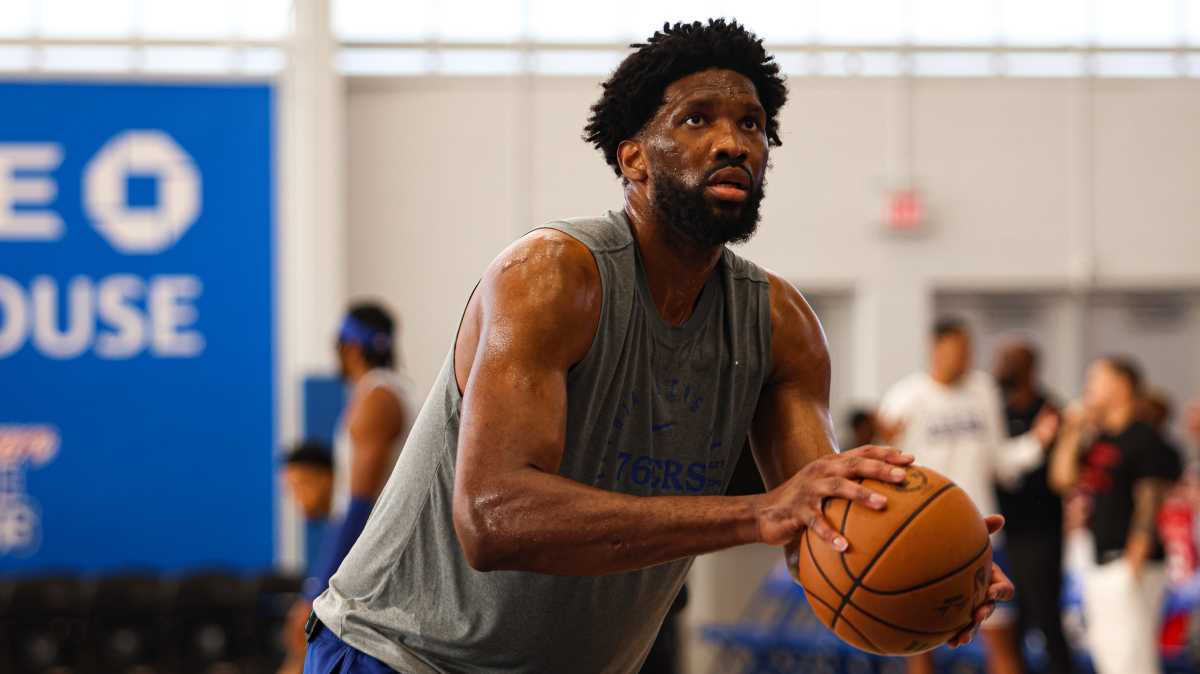With the Omicron variant surging throughout Philadelphia’s public schools, Ryan Casey, an area parent who asked that his real name not be used for fear of retaliation from school officials and online activists insistent that buildings remain open at all costs, inquired about a virtual option for his child.
Casey, immunocompromised to the point of spending the holidays alone, remains frustrated with the administration at 440 N. Broad St. and what he calls their “draconian, one-size-fits-all view that schools are best if they remain open.” According to him, poorly ventilated buildings where students sit in close proximity without proper masks, while eating lunch outdoors on yoga mats in the middle of January, as is the plan at his child’s school, aren’t safe — no matter how much schools superintendent Dr. William Hite says to the contrary.
School officials informed Casey that virtual learning wasn’t available by choice, telling him instead to enroll his child in an online charter school — and lose his spot at his current school — should that be his desire. At a time when, on average, 672 COVID-19 positive children are admitted to hospitals every day, officials told Casey students must attend in-person learning or face the wrath of truancy court.
“I would like to see the school district actually listen to parents,” Casey said. “I would like [schools] to be open but be safe.”
“It probably needs a lot of asymptomatic testing,” he continued. “It probably needs a pause. They need to probably go virtual for a few weeks. And if there are people who are not at home, the school district needs to figure out how to help those people because I don’t want people to lose their jobs.”
While not all Philadelphia public school parents agree with Casey, with many vehemently against a return to virtual schooling, a majority feel their voices are silenced among a growing cacophony of activists, administrators, and experts debating the way forward through the current Omicron surge.
Messaging from those with a bully pulpit — Hite, health experts at Children’s Hospital of Philadelphia, the Philadelphia Department of Health, and others — continue steadfast and strong. Omicron is mild, and schools should remain open for in-person learning. But with a steady stream of COVID-19 positive notifications, the threshold for school closures changed almost overnight, and with classroom mitigation being bare-to-nonexistent, many parents feel gaslit — told not to believe what’s right in front of their eyes.
With the winter break fast ending and Hite adamant that in-person learning would continue amid the current surge of Omicron cases, several parents’ groups, ranging from a few hundred to a few thousand, organized petitions and sickouts — plans to hold their children out of school — demanding their voices be heard.
Area parent Kitty Heite gathered almost 400 signatures on a petition asking for a virtual pause which noted school district plans ignore community health, long-term complications, and, most important, equity. Hundreds of comments on the document speak to fears about immunocompromised relatives, the elderly, and young and infant children who have yet to be vaccinated.
“None of this is safe,” Heite said. “It’s not safe and it’s not considering the community that these kids live in.”
Of the half-dozen parents interviewed, not all agreed that schools should move to a virtual format, even temporarily. According to one parent of a student who receives special education services who also asked to remain anonymous, virtual learning was a disaster. The mild nature of Omicron doesn’t justify closing down schools. For parents like Heite and others, they have yet to receive a response to their concerns — and continue to remain frustrated that their voices are unheard.
Instead of a conversation, parents received a last-minute notice that upward of 92 schools would transition to virtual the final night of winter break. The chaotic announcement was difficult for working parents and impossible for those who didn’t receive the message on time.
“There were 92 school closings,” Meredith Weber said. Weber is an area parent who enrolled her child in a cyber charter this fall, placing them back in public school once vaccines were available. “Then quietly, the Department of Health moved the threshold from 3- to-10%, and then, miraculously, no more schools close. Because that’s an impossibility.”
Asked to respond to concerns brought up by parents throughout this article, officials noted the district’s continued efforts to go above and beyond to keep schools safely open, while also following the guidance of area and national health experts. In a written statement, the district said that a number of safety layers are in place, including mandatory masking, sanitizing stations, air purifiers, and vaccine mandates — with 85% of all staff and teachers receiving the jab to date.
“All staff, regardless of vaccination status, are tested weekly,” school district officials said. “We also provide on-site testing at every school for students who show symptoms.”
When questioned about changing thresholds for school closures, virtual options for families that want it, and families with immunocompromised members, officials noted the district follows guidelines outlined by CHOP and PDHP, which are in line with national experts. Based on daily reviews of staffing and other COVID-related data, families should be prepared for virtual or in-person learning, which will be made on a school-by-school basis.
“All along, we have shared our belief — which is backed up by research — that children learn best alongside their peers in classrooms led by caring teachers,” officials said. “We also know that our schools are more than just institutions of learning. They are the safe havens our young people rely on for emotional support from a caring educator.”
One person listening to parents at the moment is Councilperson Helen Gym, who put out a statement last week arguing that for schools to be open, they need a better plan to stay open. She is pushing the district to ensure better personal protective equipment for students, better testing and nursing capacities, vaccine clinics in every school, and a clear communication plan that delivers concise information on thresholds, testing, closures and more. While the district struggles with significant inequities, federal dollars are available to provide high-quality masks and other mitigation services.
“The problem here in Philadelphia, it’s about a crisis of confidence in our leadership and not as much as it is a crisis in our healthcare,” Gym said. “That is the responsibility of both the city and the school district to meet the expectations, needs and basic demands of parents and staff members.”
In the meantime, parents want their voices to be heard — and sometimes, not even theirs specifically.
“[Listen] to the parents and [try] to take into account the most needy parents that you have, catering a policy to them, not catering a policy to the loudest parents who happen to be white and wealthy,” Leonard Bonarek, another area parent said.
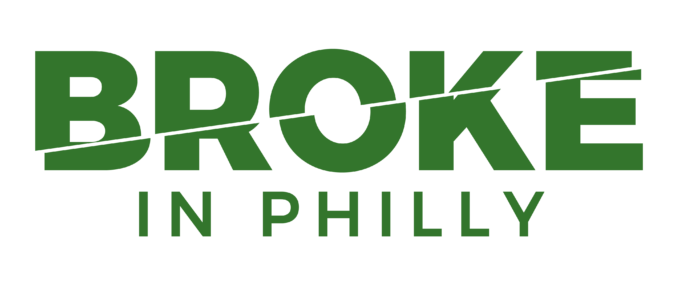
Metro is one of more than 20 news organizations producing Broke in Philly, a collaborative reporting project on economic mobility. Read more at brokeinphilly.org or follow on Twitter at @BrokeInPhilly.



